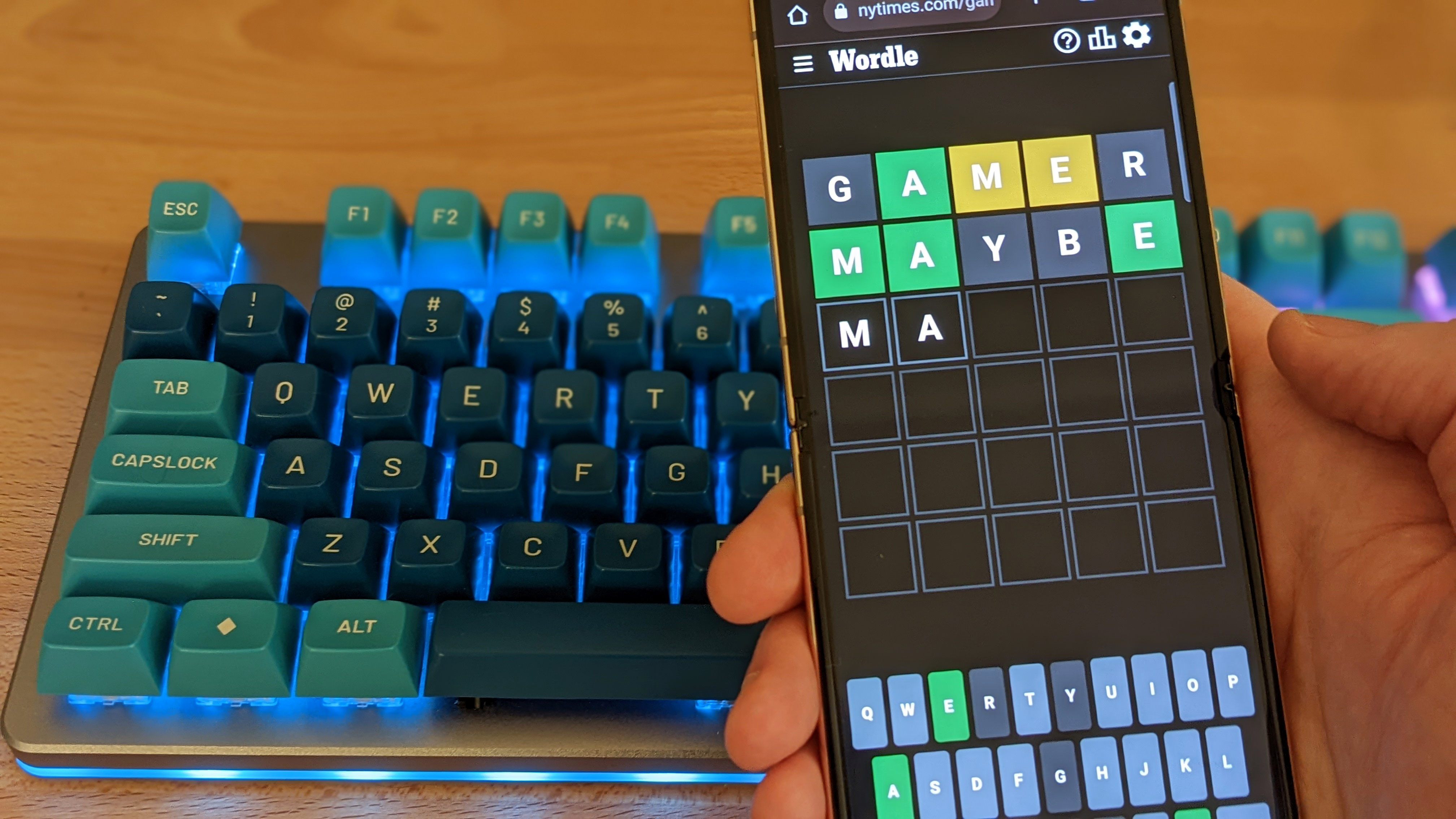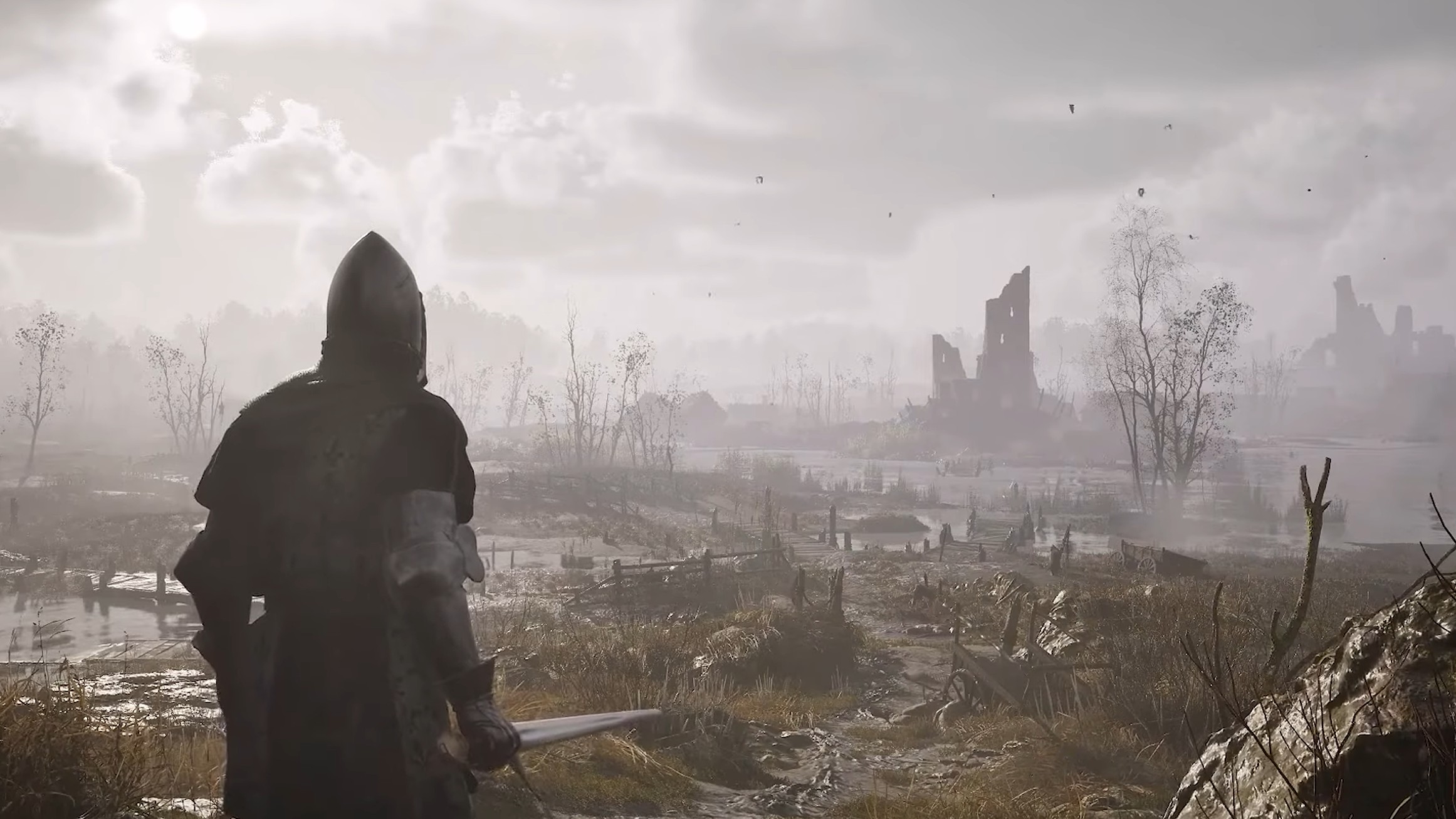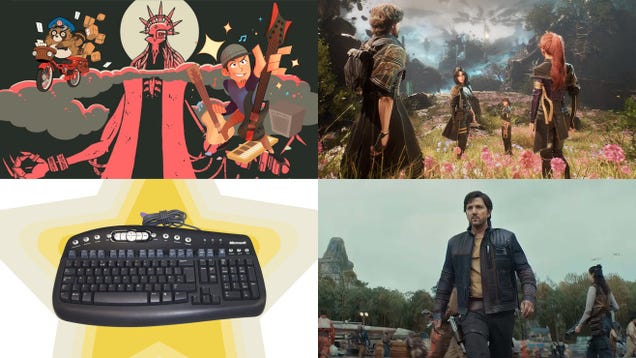
Ticket to Ride: Paris Board Game Review
Growing up in the suburbs of Illinois, I remember bringing my dad to and from the train station to get to work in the big city of Chicago. When Ticket to Ride came out later in life, it brought a lot of nostalgia for those big-city dreams in one of my other favorite memories with my family: playing board games.
Family board game nights involving the franchise can bring you places worldwide, and also to different time periods. That’s the case with the newest edition, Ticket to Ride: Paris, brings you to the bustling metropolis of Paris, France, in the Roaring Twenties.
What’s in the Box
The compact box of Ticket to Ride Paris holds a small treasure trove of gaming pieces. It includes a guidebook introducing a new game element, a small board, four bags of colored bus tokens (with an additional spare bag), matching circle colored meeples, destination tickets, and transportation cards adorned with art that evokes the spirit of the Roaring Twenties. The box’s thoughtful design, with a plastic compartment for each piece, ensures easy cleanup after the game.
The board is also small. I could probably fit it in a medium-sized purse or bag if I wanted to. The top possible score on the perimeter of the border is only 50. The city routes are divided by color and are relatively short as well. The eight longest routes are three lengths. There are twelve double routes and twelve single routes. Most of the routes are double routes, with only a handful of exceptions. There are four single three-car routes, two single double-car routes, and only one single-car solo route.
Rules and How It Plays
Ticket to Ride: Paris is a very beginner-friendly map. I brought this, along with a copy of a junior version (Ticket to Ride: Ghost Train), to a local brewery to play with four friends this weekend. Half of the group wasn’t familiar with the franchise. Half were familiar as we regularly play base game versions digitally in my digital board game community. (Jimmy, it’s your turn over there, by the way.) This version of the game didn’t add as many complexities as other maps, so it made the game quite easy to navigate for everyone there. I was excited about introducing the series to friends.
Ticket to Ride: Paris is a very beginner-friendly map.
You can play Ticket to Ride: Paris with two to four players. In a two-player game, I would guesstimate that the game might be more competitive since the game changes slightly with a two-player game versus more. Four was the maximum number of players, so we could see a complete view of how it played with its max capacities solely on its own—especially as I didn’t bring a full version of Ticket to Ride or Ticket to Ride Europe with me. (You are recommended to play maps normally with one of those base games.)
Several mechanics in the original base games are akin to how others in the franchise operate. Choose your color to play and place your associated meeple on the start zero space on the board’s perimeter. Grab the associated buses to go with your color for later placement on the board.
Next, you’ll distribute each player two face-down secret destination cards from a deck. Players can choose to take both but must take one of them. After you’ve got your destinations, players will take turns collecting transportation cards to get buses to place along the board on their route. You can only claim one route per turn, so you must think stragetically and choose wisely.
You can place routes on any tracks in games with more than two players, even if they are double routes. You cannot claim both routes of a double track, though.
You have a limited number of buses, so you’ll want to be mindful of your destinations and the number of trains you and your opponents have. The game ends when someone runs out of placeable buses.
Build a French Flag for More Points
One great addition to Ticket to Ride: Paris is that, as you place your buses, you can create French flags to gain points. French flags are created by making routes with red, white, and blue sets of collected transportation cards. You can only work on one flag at a time. When you complete a colored route with one of the colors in the flag, you’ll be able to keep one of the cards used to work on building a French flag. Completing a flag can only be done with those tricolors, however. Unlike routes, you cannot complete a flag with a rainbow bus. After you complete a flag, you discard those cards and can start on a new one. You’ll gain an additional four points for each completed flag, so you’ll want to use those three colors as a part of your strategy as well.
One of the magical things about playing games like this is that it inspires folks to discuss travel and transportation. The colored transportation cards each have different forms of transportation from the Twenties, including a trolly, a steamboat, a fancy car, a bicycle, and a croissant truck. It inspired conversations about how diverse travel can be in places worldwide–especially in one focused city. One friend told me how she had taken a day trip to Paris from London by bus. She told us about her thoughts traveling through and seeing some of the sights that were destinations on our board. Sadly, I have not made my way to Paris yet, but now, thanks to the game, I feel a bit of a connection to another part of the world and am inspired to visit new destinations if I ever go there.
Where to Buy It
Ticket to Ride Paris is available for an accessible price. You can buy it for only $24.99 on Asmodee’s store or Amazon.
Jennifer Stavros is a contributing freelancer for IGN, covering everything from comics, games, technology, and nerd culture. Follow her on Twitter or watch her on Twitch under the handle @scandalous.







